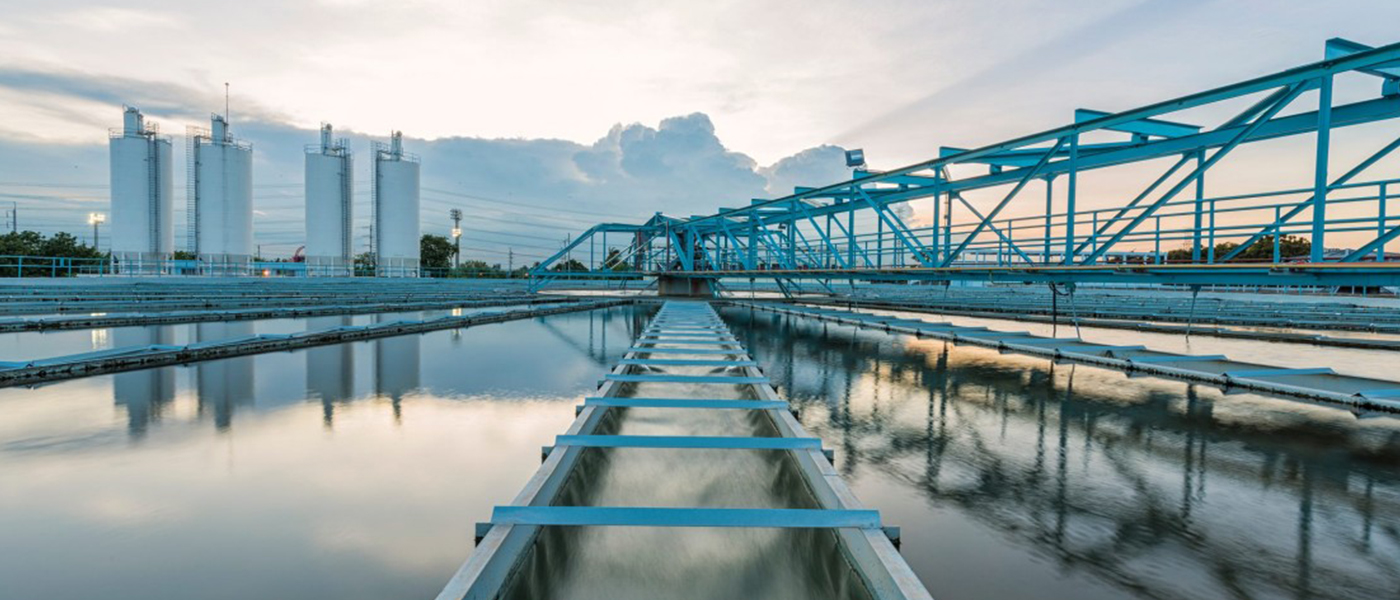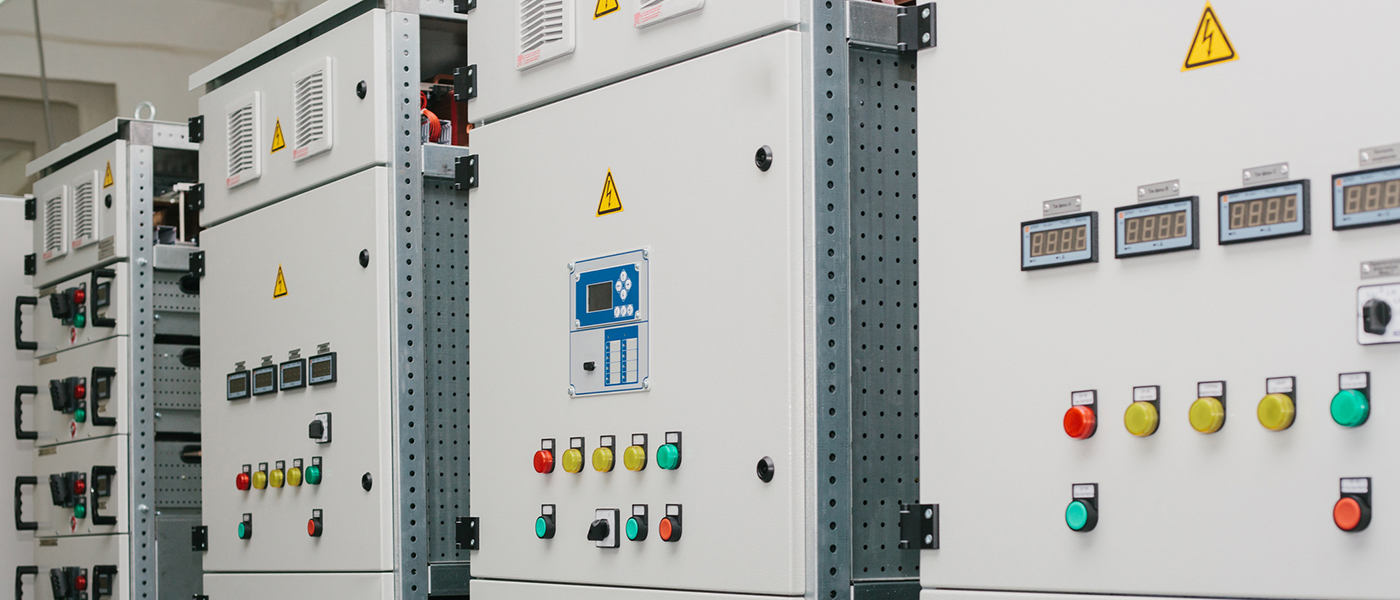






Explore industry analyses by region and end-user vertical. Get best-practice examples and use-cases in emerging light communication technologies, such as Li-Fi and OCC. Analyze the factors driving Li-Fi and OCC deployments, including laser-based Li-Fi and ultra-sensitive photodetectors.

Examine the current and future growth rates of different segments in the North American HVAC industry, including the heating, ventilation, and cooling equipment segments based on product type and the residential, industrial, and commercial segments based on verticals.

Take an in-depth look at the top 50 companies pioneering digital transformation in the global homes and buildings industry. Identify the major industry best practices and use cases for the post-COVID-19 environment and the challenges for digital solution adoption in this sector.

The virtual care market accelerated during the COVID-19 pandemic. The pandemic disrupted the practice of medicine and delivery of healthcare worldwide. Social distancing created an unanticipated demand for a solution that has improved access to care. Virtual visits via video, voice, and text, and diagnostics using chatbots became critically important to evaluate, manage, and track COVID-19 patients without an in-person exam. Beyond virtual visits, healthcare providers deployed telehealth solutions and video collaboration tools in various use cases, gaining experience with these solutions and incorporating them into daily routines.
Overcoming Barriers in Telehealth Adoption
According to Frost & Sullivan, COVID-19 accelerated telehealth adoption by two to five years ahead of forecasts. The virtual visit market in the US more than doubled in revenues in 2020 and is forecast to nearly double again in 2021, even as in-person visits resume. Remote patient monitoring (RPM) solution revenues surged even more rapidly in 2020, with these tools used to monitor coronavirus risks and chronic-condition patients not visiting their doctors. This market is receiving further boosts in the US from the CMS Acute Hospital Care at Home initiative.
Schedule a dialog or email us at myfrost@frost.com to connect with an industry expert at no charge. We are taking unprecedented action to make our team available to help you cut through the media and politics to get factual one-to-one guidance for the issues and opportunities that matter most to your business.


Disruptive Shifts Driving Growth in the US Circular Economy for Lubricants
Read more Request Info
Innovative Tech Generating Growth Hubs in Global Power Transmission
Read more Request Info
Growth Opportunities Transforming the Global BEMS and HEMS Industry
Read more Request Info
Actionable Insights Steering Growth in Australian Facility Management
Read more Request Info
Key Growth Opportunities in the Brazilian Natural Gas Industry
Read more Request Info
Italian Facilities Management: Sustainable Innovations Boost Growth
Read more Request Info
Growth of Decentralized Packaged Water and Wastewater Treatment
Read more Request InfoIndia is heavily reliant on fossil fuels, mainly coal, for power production, though its per capita CO2 emissions are relatively low at only 1.9 tons as compared with the world’s largest carbon emitters China and the US at 7.41 tons and 15.5 tons, respectively. Given its growing economy and heavy reliance on fossil fuels, the country has moved at a rapid pace in recent years to increase the share of renewables, mainly solar and wind, in its power production in order to reach its Paris COP21 goals of reducing carbon emissions by 33%-35% by 2030 from 2005 levels.
Read more
The latest announcement from the COP26 climate summit that over 40 countries are committing to stopping investment in new coal, both domestically and internationally, and to begin phasing out coal is welcome news, but there are several key flaws with the pledge. Frost & Sullivan forecasts that electricity from coal-fired power generation will halve from 8,000TWh in 2020 to 4,000TWh in 2040, and because of the rise of renewables, its percentage share will fall from 29% to 9%.
Read more
An alarming rise in E-waste volumes due to the explosive growth in consumption of electrical and electronic equipment (EEE) is forcing manufacturers, distributors, and retailers to explore new business models. This has brought circular electronics under the spotlight wherein manufacturers focus on developing and promoting the use of recycled and refurbished electrical and electronic products.
Read more
The need to tackle climate change is crucial, and companies must act. Chief executive officers (CEOs) worldwide are exploring decarbonization strategies to transform how businesses operate and mitigate the risk of carbon exposure. This involves adopting new technology-led solutions and business models that can reduce operational carbon footprints and deliver profitable business growth.
Frost & Sullivan’s recent analysis, Global Digital Grid (Sensors, Meters, and Communications) Growth Opportunities, finds that technological advancements and countries’ emphasis on climate change policies are expediting market growth of the global digital grid. Aging infrastructure, the need for higher reliability and resiliency, increased distributed resources, and the declining cost of digital solutions will also compel economies to adopt a digital grid.
Frost & Sullivan’s recent analysis reveals that the global colocation services market is projected to reach $164.84 billion by 2030 from $51 billion in 2020, expanding at a 12.4% compound annual growth rate (CAGR). Market growth is mainly driven by the rising demand from hyperscale data centers, increasing investments in the market, a significant increase in data creation and consumption, and high volumes of data traffic fueled by emerging technologies, such as 5G, the Internet of Things (IoT), and more.
Read more